Introduction:
Choosing a water heating system for your house can be a daunting task.”. Of the options offered, gas geysers and instant geysers are two of the more popular choices which are available on ittefaq say ,The choice is vital since each has a unique set of benefits and factors to take into account. We’ll examine the characteristics, advantages, and disadvantages of gas geysers and instant geysers in this blog to assist you in making the best choice for your unique requirements.
Gas Geysers
Natural gas or liquefied petroleum gas (LPG) are the fuel sources used by gas geysers to heat water. They have a storage tank, so there will always be hot water.Now, let’s explore the advantages and disadvantages of gas geysers.
Advantages
Constant Hot Water Supply:
Gas geysers are ideal for homes with large water usage because they offer a constant supply of hot water.
Energy Efficiency:
Because gas geysers heat water only when needed and don’t require continuous electricity, they are frequently more energy-efficient than their electric counterparts.
Fast Heating:
The time it takes to get hot water is decreased by the rapid heating capabilities of gas geysers.
Drawbacks
Installation Difficulties:
Gas geyser installation can be more complicated, frequently requiring expert help to guarantee safety and correct operation.
Initial Cost:
Compared to immediate geysers, gas geysers often have a larger upfront cost.
Space Requirements:
In smaller homes, space may be limited due to the potential need for gas geysers with storage tanks.
Instant Geysers
Without the need for a storage tank, instant geysers—also referred to as tankless or on-demand water heaters—heat water just when it’s needed. The following are immediate geyser benefits and drawbacks.
Advantages
Energy Efficiency:
Instant geysers use very little energy since they only heat water when it is actually needed, which prevents energy loss from standby.
Compact Size:
Instant geysers are ideal for apartments and residences with limited space because they can be installed in smaller locations and are often more compact.
Reduced Initial Cost:
Compared to gas geysers with storage tanks, instant geysers usually have a cheaper initial cost.
Drawbacks
Limited Flow Rate:
In larger homes, instant geysers may find it difficult to supply hot water to several fixtures at once.
Temperature Variations:
When using many hot water taps at once, customers may notice temperature variations in the water.
Maintenance Requirements:
Periodic descaling may be necessary as part of routine maintenance to prevent mineral buildup and guarantee good performance.
Conclusion
The decision between an immediate geyser and a gas geyser ultimately comes down to your needs, finances, and size of home. Gas geysers are more expensive initially and provide installation issues, but they provide a steady and rapid flow of hot water. Conversely, immediate geysers are compact, economical, and energy-efficient, but their capacity to produce hot water simultaneously may be limited.
Make a decision based on the hot water needs of your household, available space, and financial limits. It’s also a good idea to speak with an expert to find the best course of action for your particular circumstance.Making an informed decision ensures that your water heating solution meets your needs effectively. Whether you choose the constant supply of a gas geyser or the on-demand heating of an instant geyser, ittefaq say, the decision will align with your requirements




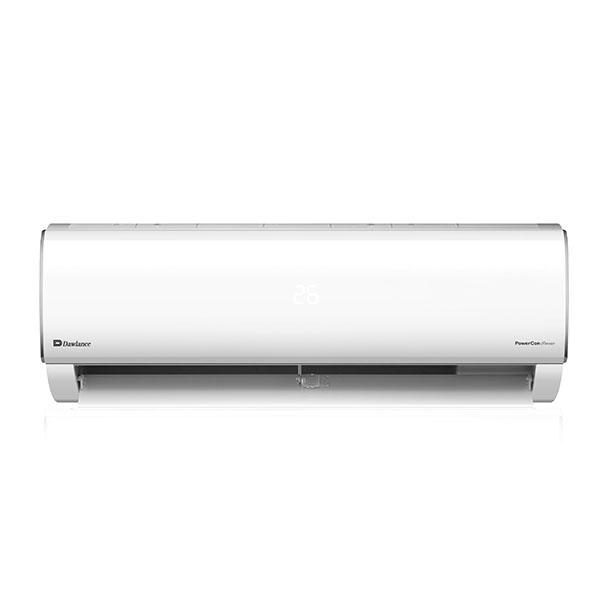

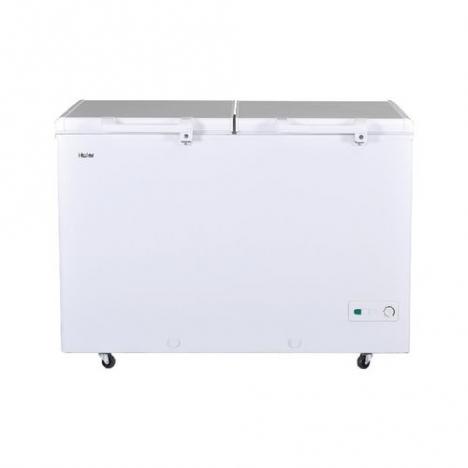

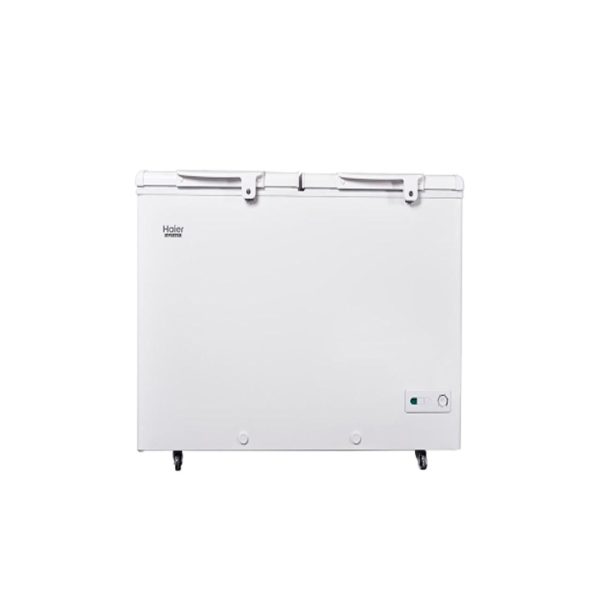




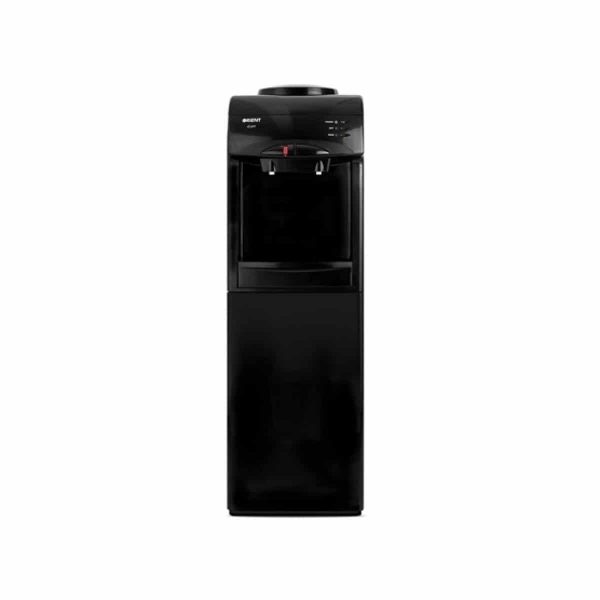
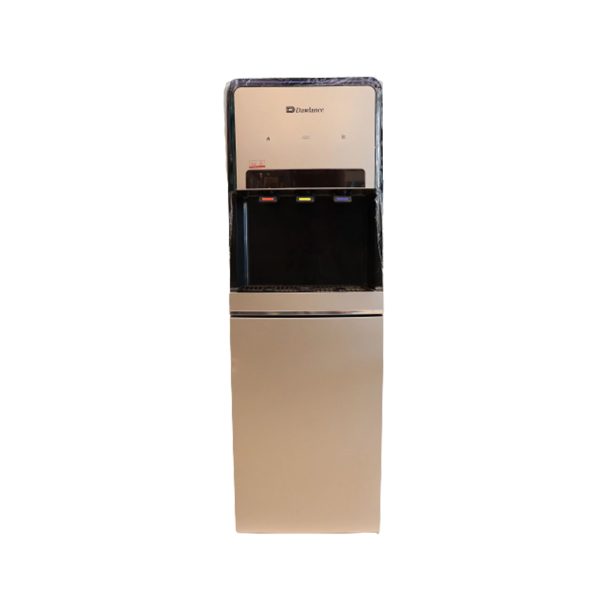

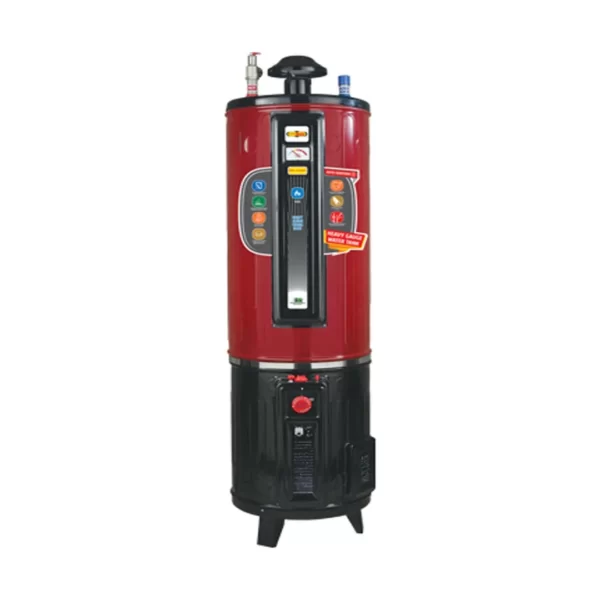

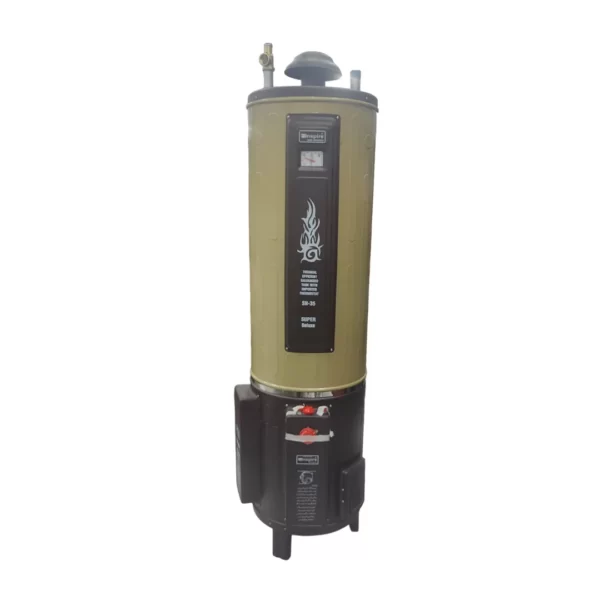
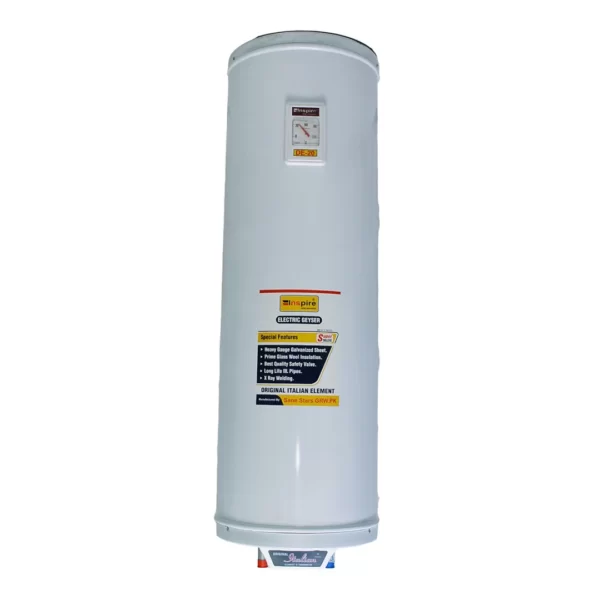

 Dryers
Dryers Ironing / Garment Care
Ironing / Garment Care